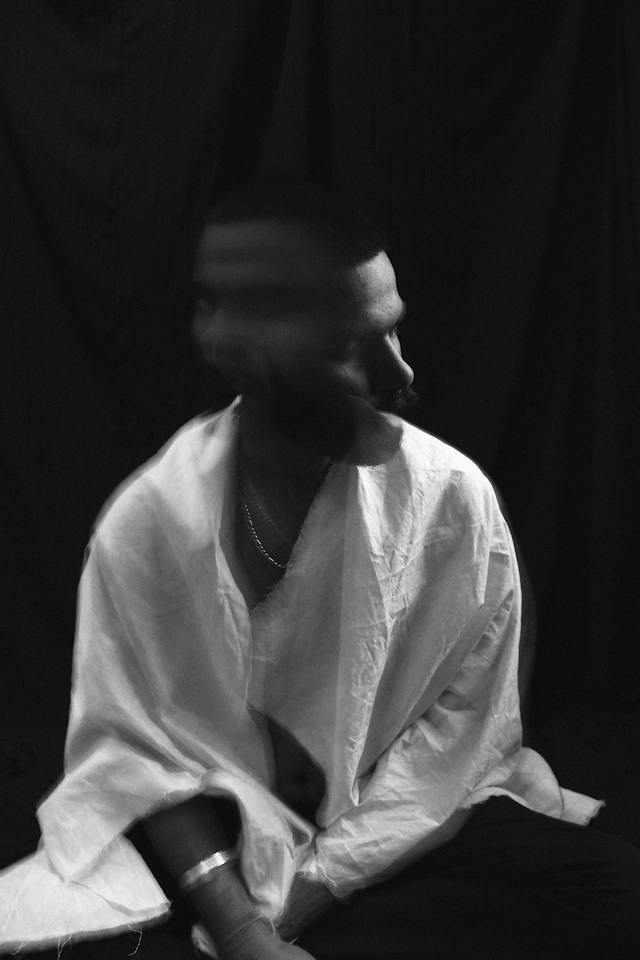Misophonia, characterized by extreme emotional reactions to specific sounds, often goes hand in hand with anxiety. The distress triggered by sounds like chewing or tapping can lead to increased anxiety levels, creating a challenging cycle for those affected. In this blog, we’ll delve into the connection between misophonia and anxiety and explore treatment options to address both conditions effectively.

The Connection Between Misophonia and Anxiety
Misophonia can be a source of significant anxiety for individuals who experience it. The mere anticipation of encountering trigger sounds can lead to heightened anxiety levels. When exposed to these sounds, individuals may feel a surge of anxiety, which can manifest as racing thoughts, increased heart rate, and a sense of impending panic.
Furthermore, misophonia-related anxiety can lead to avoidance behaviors. People may go to great lengths to avoid situations, places, or people that may trigger their misophonia symptoms. This avoidance can restrict their daily activities and social interactions, further contributing to anxiety and isolation.
Treatment Options for Misophonia and Anxiety
 Addressing both misophonia and anxiety is essential for improving overall well-being. Here are some treatment options to consider:
Addressing both misophonia and anxiety is essential for improving overall well-being. Here are some treatment options to consider:
1. Cognitive Behavioral Therapy (CBT)
CBT is an evidence-based approach that can be effective for both misophonia and anxiety. CBT helps individuals recognize and reframe negative thought patterns and develop coping strategies to manage emotional reactions. It can also target avoidance behaviors and gradually expose individuals to trigger sounds in a controlled manner.
2. Exposure and Response Prevention (ERP)
ERP is a therapeutic technique that involves controlled exposure to trigger sounds while preventing the typical emotional or behavioral response. Over time, this exposure can reduce the intensity of the emotional reaction and anxiety associated with trigger sounds.
3. Mindfulness and Relaxation Techniques
Mindfulness meditation and relaxation techniques can help individuals manage anxiety and emotional responses to trigger sounds. These practices promote a calm and centered state of mind, making it easier to cope with misophonia triggers.
4. Medication
In some cases, medication may be prescribed to manage anxiety symptoms. However, medication is typically used in conjunction with psychotherapy and should be carefully evaluated by a healthcare professional.
Seeking Specialized Treatment
When addressing misophonia and anxiety, it’s essential to seek the guidance of a specialized therapist or treatment center. Stephen Geller Katz, a licensed clinical social worker and founder of the Misophonia Cognitive Center™, specializes in the treatment of misophonia and its associated conditions.
Contact Stephen Geller Katz for Misophonia and Anxiety Treatment
If you or someone you know is struggling with misophonia and anxiety, reach out to Stephen Geller Katz at the Misophonia Cognitive Center™. Dr. Katz offers online sessions and speaks five languages, ensuring accessibility to effective treatment. Don’t let misophonia and anxiety control your life—take the first step toward a healthier and happier future.
MISOPHONIA COGNITIVE CENTER™
Stephen Geller Katz LCSW-R
19 West 34th Street
Penthouse Floor
New York, NY 10001
646-585-2251
